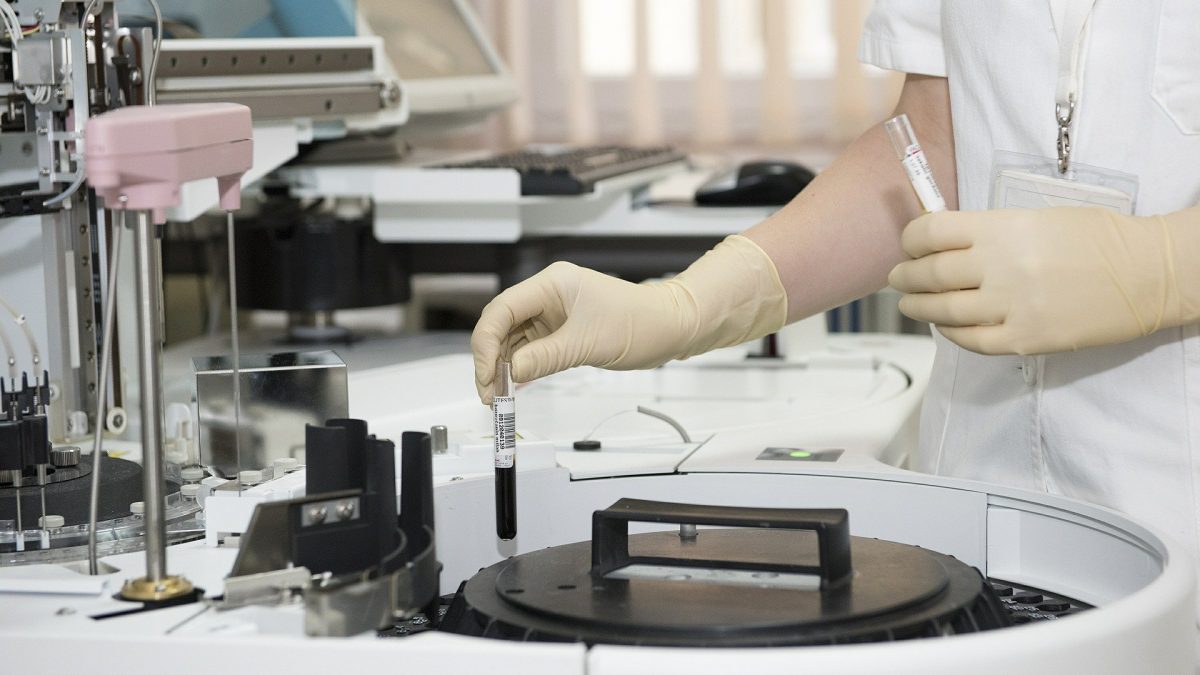
Colin v Cuthbert
June 13, 2021
Commercial Awareness Update – W/C 14th June 2021
June 14, 2021Every year there are cases of fraudulent laboratory testing, costing the healthcare industry millions and potentially causing severe harm to patients. You can find fraud in the laboratory in the form of “fake” lab tests. These tests may be used to produce false and deceptive results and mislead the patient.
What Is Clinical Laboratory Fraud?
The American Medical Association defines Clinical Laboratory Fraud as an “intentional or unintentional violation of the standards of professional conduct in the field of clinical laboratory science.” It is defined as an act of deception or wrongdoing committed in the clinical laboratory setting in layman’s terms. Common examples of clinical laboratory fraud include falsifying results, manipulating specimens, and deliberate under-reporting of results.
While there are many forms of fraud, one of the most common and severe types is the deliberate falsification of test results. This can harm patients and can also result in violations of licensing requirements or even criminal charges. Clinical laboratory fraud is more common than people think and does not get enough attention from the general public. It is a huge problem which many people do not even realize. Most people do not even know that they can be victims of this type of fraud because they were unaware of it. The implications of this can be devastating and have a significant impact on your health and possibly your life.
How Large Is The Clinical Laboratory Market?
The global market size of laboratory testing reached over $200 billion in 2020. Initially, the considerable increase in testing stemmed from COVID-19, but the trend continues. The reason why this market has expanded so enormously is partly due to the need for sophisticated clinical tests to provide a more tailored approach to healthcare, but also due to clinical laboratories healthcare fraud becoming so ingrained and lucrative. It is instinctive for people to trust their healthcare providers to provide the care they need, but this is not always the case. As an influx of money has come into this market, the temptation for unscrupulous actors has intensified.
How Much Does It Cost The United States Healthcare System?
Multiple factors contribute to the cost making it challenging to put a precise figure on it. Among the undiscovered expenses are the prices of numerous smaller tests that investigators may never discover, as well as the costs of personal injury lawsuits against the state. For example, the University of Miami agreed to pay $22 million to settle allegations against it for ordering unnecessary medical lab tests and thereby violating the False Claims Act. The number of such cases is undoubtedly high throughout the country, with many attempting to remain hidden to protect themselves from these damaging charges.
Most Common Types of Lab Fraud
For a long time, the FDA has been skeptical about lab tests. The agency’s role is to keep pharmaceutical companies honest and safe. But recently, the FDA has been under scrutiny, specifically for the handling of its inspection processes. The agency has also been seen as relatively soft on drug companies, accepting most of the low-quality lab tests submitted by them. Laboratories conduct tests and take actions with their results to gain monetary profit. Some of the more common types of fraud include:
Unnecessary Testing
Medically unnecessary tests are billed to Medicare or Medicaid. Most people use this method since it is simple and easy to do. By adding in extra tests, the patient will be unaware and allow it to proceed in the knowledge that Medicare or Medicaid will pick up the bill.
Unauthorized Testing
Payment for testing that was not ordered or authorized by a treating physician is another example of how this fraud works. For example, physicians may order a straightforward test. However, a laboratory might charge for a group of tests or charge for a complex invasive exam rather than a physician-ordered screening test.
Unbundling Tests
Typically, a lab will individualize tests that would typically be packaged together as one bill. Doing this can increase the bill for each test, making it look as though there is nothing out of the ordinary.
Bribery
Engaging in kickbacks and bribery schemes to obtain Medicare or Medicaid business. Unfortunately, this is where a doctor will be complicit in the fraud and accepts kickbacks with the intention that the doctor will order phony tests. Not only is this illegal, but it is a contravention of a doctor’s Hippocratic oath.
Unlicensed Testing
This is when a lab will mislead the public about performing tests or performing tests in an unlicensed facility. They might engage in this illegal activity to save money on gaining the proper certification to carry out the tests. This can severely impact the outcome of results which is detrimental to patient health.
Unrepresentative Billing
This occurs when unauthorized personnel conduct tests or when the customer is misled as to the testing location. As with all laboratory fraud, this can cause serious harm to the patient if the test was performed incorrectly and provided an incorrect outcome.
What Challenges Are Faced In Exposing This Fraud?
This particular type of fraud is highly challenging to detect and bring to justice for several reasons:
- Laboratory diversity and number: Labs can provide laboratory services in various settings and from a variety of providers, which can make detecting abnormal behavior more challenging. The relationship between providers and laboratories and laboratory ownership can also put laboratories at risk for waste and fraud that might not be evident merely from analyzing claims payments.
- Orders are high-volume, low-dollar: The purpose of fraud prevention is to identify and deter fraudulent claims. Due to limited resources, Victims of fraud will prioritize claims with higher individual costs and those that are straightforward to analyze. In general, laboratories are not at risk of auditing claims because the value of individual laboratory tests is so low.
- Complicated technical issues: Many components within clinical pathology require in-depth knowledge to determine if specific tests should be performed and the quality of the results. Newly-covered tests may be abused or fraudulently billed before payers are aware of their full billing implications.
Clinical laboratory fraud is an unfortunate consequence of the greed and complexity inherent within the healthcare system. It costs the government and insurance companies millions of dollars each year in compensation claims but still shows no signs of slowing down.





